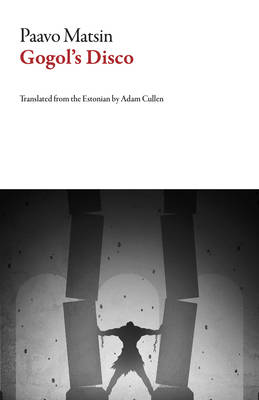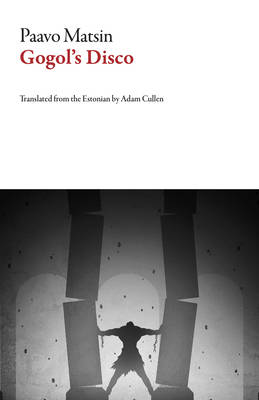
- Retrait gratuit dans votre magasin Club
- 7.000.000 titres dans notre catalogue
- Payer en toute sécurité
- Toujours un magasin près de chez vous
- Retrait gratuit dans votre magasin Club
- 7.000.000 titres dans notre catalogue
- Payer en toute sécurité
- Toujours un magasin près de chez vous
Description
In a parallel or future Estonia, whose language has been outlawed and its native population deported after the invasion by the Russian Tsardom, Nikolai Vasilievich Gogol is resurrected, Christ-like, bringing phantasmagoric mayhem to the sleepy town of Viljandi.
By the end of the story, four evangelists will have emerged from the novel's ragtag cast of Russian- speaking beatniks, bohemians, booksellers, blaggers, and Beatles- maniacs to write their subversive Gogol Gospels in the local insane asylum, despite efforts to thwart them on the part of the mysterious Murka, heroine of a criminal underworld ballad and agent of the Tsardom's secret police. By turns exuberant, grotesque, erudite, oneiric, hilarious, mystical, psychedelic, and dystopian, Gogol's Disco tells the parable of a small nation, whose gigantic neighbor quite literally consigns its literature to the latrine, only for it to rise from the dead in a literarily spectacular apocalypse in the best traditions of Bulgakov and magic realism.
Spécifications
Parties prenantes
- Auteur(s) :
- Editeur:
Contenu
- Nombre de pages :
- 192
- Langue:
- Anglais
- Collection :
Caractéristiques
- EAN:
- 9781943150380
- Date de parution :
- 26-05-20
- Format:
- Livre broché
- Format numérique:
- Trade paperback (VS)
- Dimensions :
- 137 mm x 213 mm
- Poids :
- 249 g







